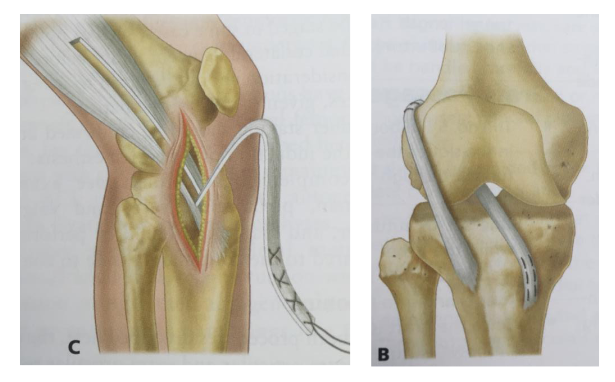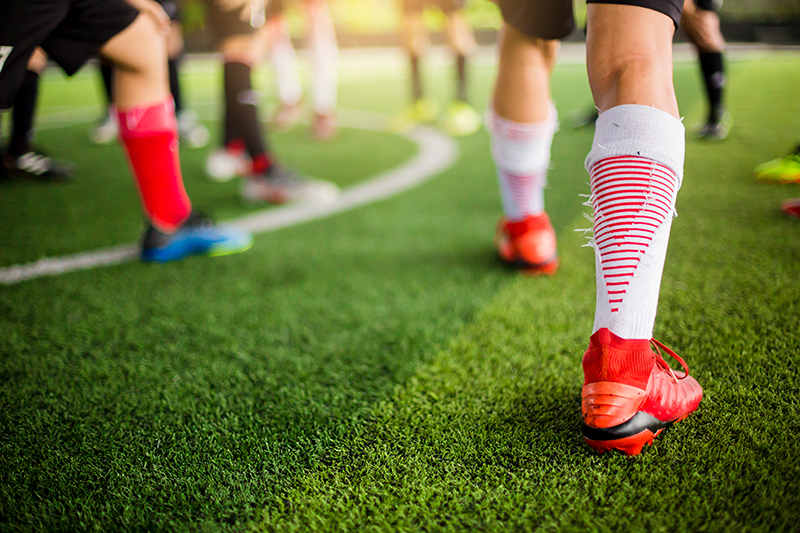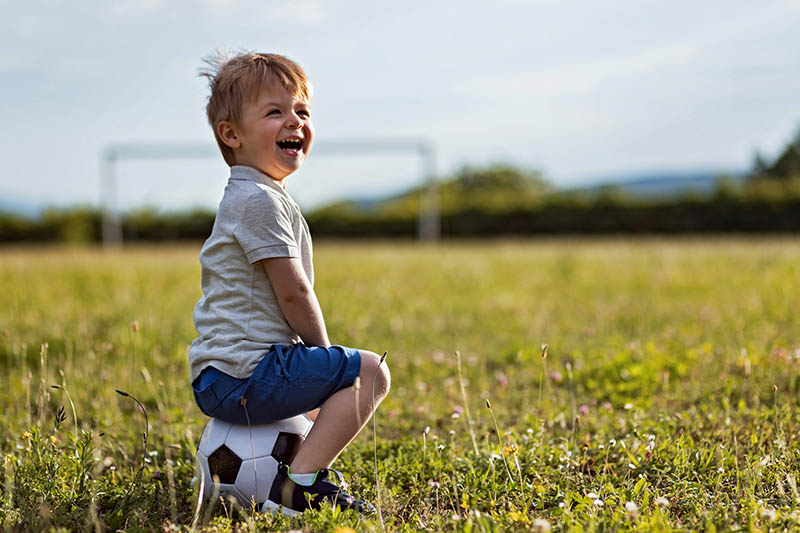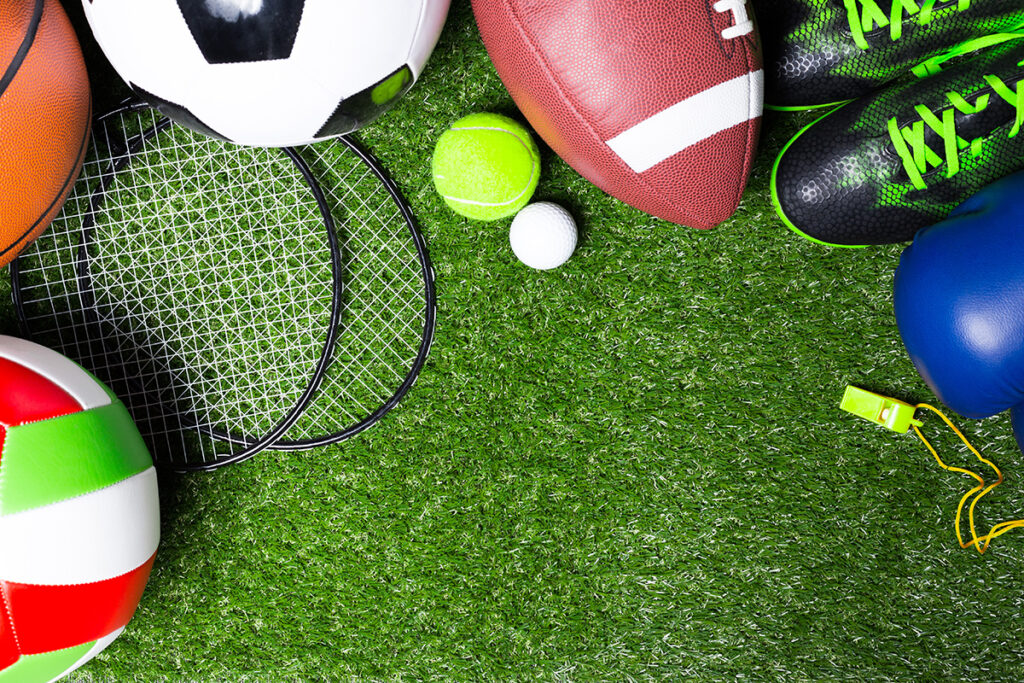The much talked about ACL, anterior cruciate ligament, is a band of tissue that stabilizes the knee joint and helps connect the femur (thigh bone) to the tibia (shinbone). The ACL can be injured during sports activities. This is often due to noncontact rotational injuries to the knee caused by sudden stops, changes in direction, and landing, though they can also be due to direct trauma, such as being tackled.
The ACL may sustain a partial or complete tear. A child with an ACL injury will often feel or hear a pop in their knee, followed by swelling or pain upon weight bearing and walking.
Which athletes are most prone to ACL injury?
Athletes who play soccer, football, and basketball, as well as downhill skiers, are at higher risk of suffering from a torn ACL. Females are at higher risk than males to suffer ACL tears; in fact, female soccer players are 6 to 8 times more likely than their male counterparts to have a torn ACL.
ACL tears are more prevalent today than ever before. At The Pediatric Orthopedic Center, we are seeing more patients with ACL injuries, and younger ACL patients, than ever. These patients are often adolescents who play multiple sports, although we have treated children as young as five for ACL tears. This is because young athletes are performing at much higher levels, training harder and playing multiple sports year-round.
Concerns about ACL tears in children
Because children are growing, we need to be concerned about possible injury to the growth plates that can occur with surgery and the potential resulting growth discrepancies or deformities. In the past, to prevent injuries to the growth plates, it was advised that children stop all sports activities and wear a brace until the growth plate was fully matured, at which time surgery could be performed without risk of injury to the growth plate.
Now we can safely replace the ACL without risking harm to the growth plate, with reconstruction in children of all ages.
Treatment options for a torn ACL
Because the knee must have the ACL present for stability, a torn ACL must be replaced or repaired surgically. Generally, ACL reconstruction (replacement) is the preferred surgical method. However, some new surgical techniques allow us to repair the torn ACL instead. Both are arthroscopic procedures (considered minimally invasive), done through small incisions and using a scope for guidance. However, they take different approaches.
- ACL replacement: a tendon from elsewhere in the body is put in the damaged ACL’s place. The body builds from the replacement tendon to essentially create a new ACL. Several different tendons can be used—either the patella tendon or quad tendon from the patient or a donor. (Note that studies show an increased risk of re-tear with a donor tendon).
- ACL repair: this is a relatively new procedure, recently cleared by the FDA, which allows us to use a proprietary implant and reattach the torn ligament to the bone.
The Pediatric Orthopedic Center also offers BEAR® (Bridge-Enhanced® ACL Restoration), an innovative, less invasive surgery to restore the anterior cruciate ligament (ACL) tears in the knee. It is now available to our young patients. and we can perform this procedure on patients as young as 14 years old.
Recovery and rehabilitation
Post-surgical physical therapy focuses on strengthening the knee and enhancing range of motion so athletes can play without pain or risk of re-injuring the ligament. Recovery and rehabilitation time for younger children and adolescents ranges from six to nine months.
After surgery, physical therapy is generally done two or three times a week as an outpatient. Children should also do exercises on their own at home daily, in order to be strong enough to safely return to the field or court as soon as possible.
Since prevention is the best medicine, coaches can incorporate certain training and conditioning exercises into warmups at the start of practice. These are designed to prevent ACL injuries by strengthening the knee area and focusing on the mechanics of jumping and landing. Our pediatric orthopedists can make the proper recommendations.
If your child is playing a sport and sustains a knee injury and experiences knee pain and swelling, he or she should be evaluated by one of our pediatric orthopedists for ACL injury so we can recommend the proper course of treatment.
Contact us to request an appointment in our Cedar Knolls, Springfield, or Wayne office.



